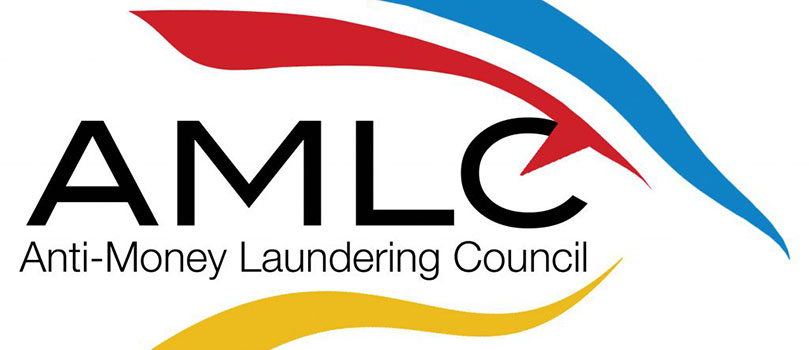MGM Resorts International and GVC Holdings on July 30 announced that they have established a 50/50 joint venture worth a whopping $200 million. The venture will see to the creation of a world-class sports betting and online gaming platform and comes in the wake of the recent United States Supreme Court ruling that created a plethora of new opportunities by lifting the federal ban on sports betting.
Both companies have proven track records and by joining forces, they will be bringing together distinguished brands, market-leading assets, extensive industry expertise, and experience as well as prove and scalable proprietary technology that will certainly revolutionize the gambling industry in the United States. Furthermore, the joint venture is going to be a catalyst of sorts for the speed to market for both MGM and GVC – it will not only occur in a prudent and efficient manner but it will also lower execution risks while at the same time creating meaningful early mover advantages.
“We are proud to join forces with GVC, the largest and most dynamic global online betting operator, with existing reputable and trusted operations in the U.S. With MGM Resorts’ expertise and leading position in key markets across the U.S., this historic partnership will be positioned to become the instant leader in technology, market access, sports relationships, and brands. We are excited to benefit from GVC’s proprietary, best-in-class technology, digital customer acquisition expertise, and experience with adapting to new operating environments. GVC is unusually qualified due to their existing operations in the U.S. Together, we are creating a one-of-a-kind platform that we expect will dominate the U.S. sports betting market,” the Chairman and Chief Executive Officer of MGM Resorts International, Jim Murren commented.
GVC, which has grown rapidly through a number of lucrative acquisitions including last year’s purchase of Ladbrokes, has been trying to get its share of the U.S. market. This joint venture with MGM will grant it access to 15 states with close to 90 million people. In addition to this, the MGM and GVC joint venture will get have access to all the land-based and online sports betting facilities in the United States while integrating both MGM’s and GVC’s customer loyalty programs.
“MGM Resorts is a world-leading entertainment business and the most trusted name in gaming, with the highest quality brands and management, and strong sports connectivity. This combined with GVC’s technology and experience in successfully building online gaming businesses across multiple markets presents a truly exciting opportunity for U.S. players and our respective shareholders. To be able to team up with a partner with such pedigree and knowledge, particularly in the U.S., is a real opportunity for GVC,” Kenneth Alexander, the GVC Chief Executive Officer said.









